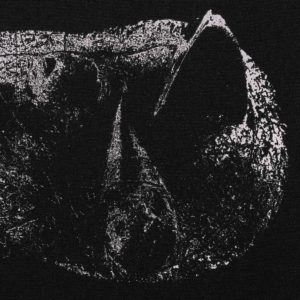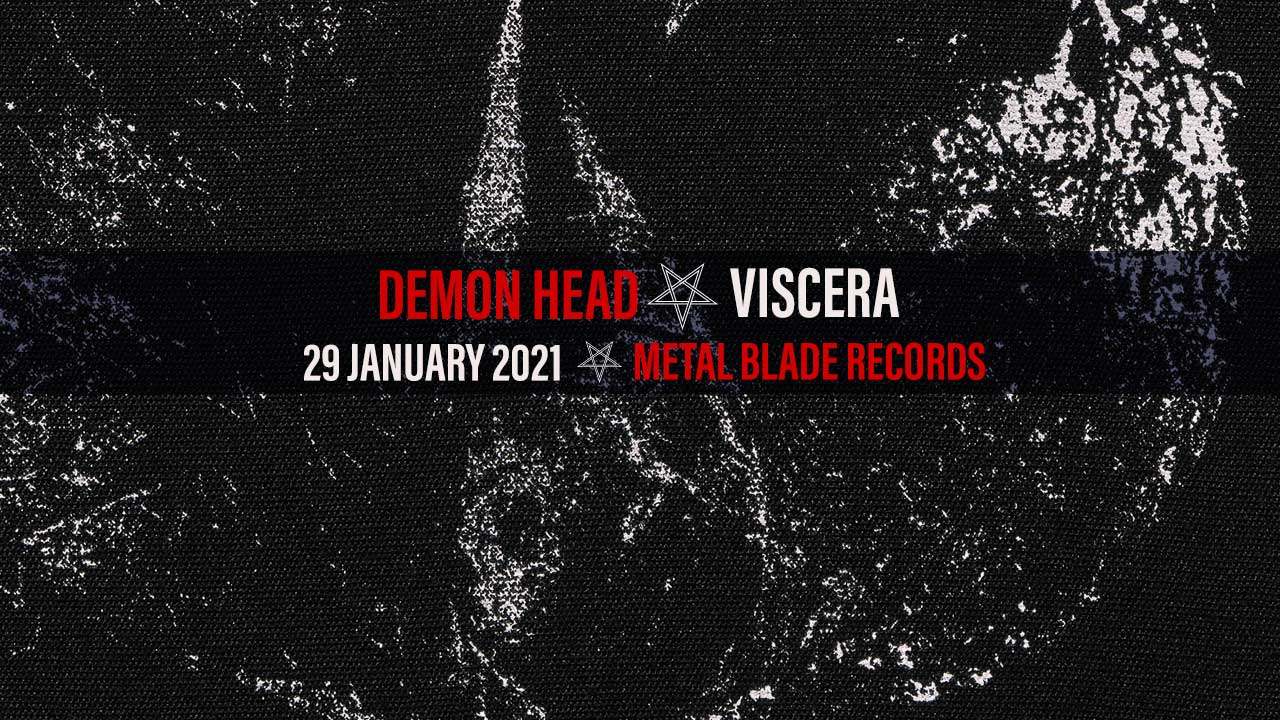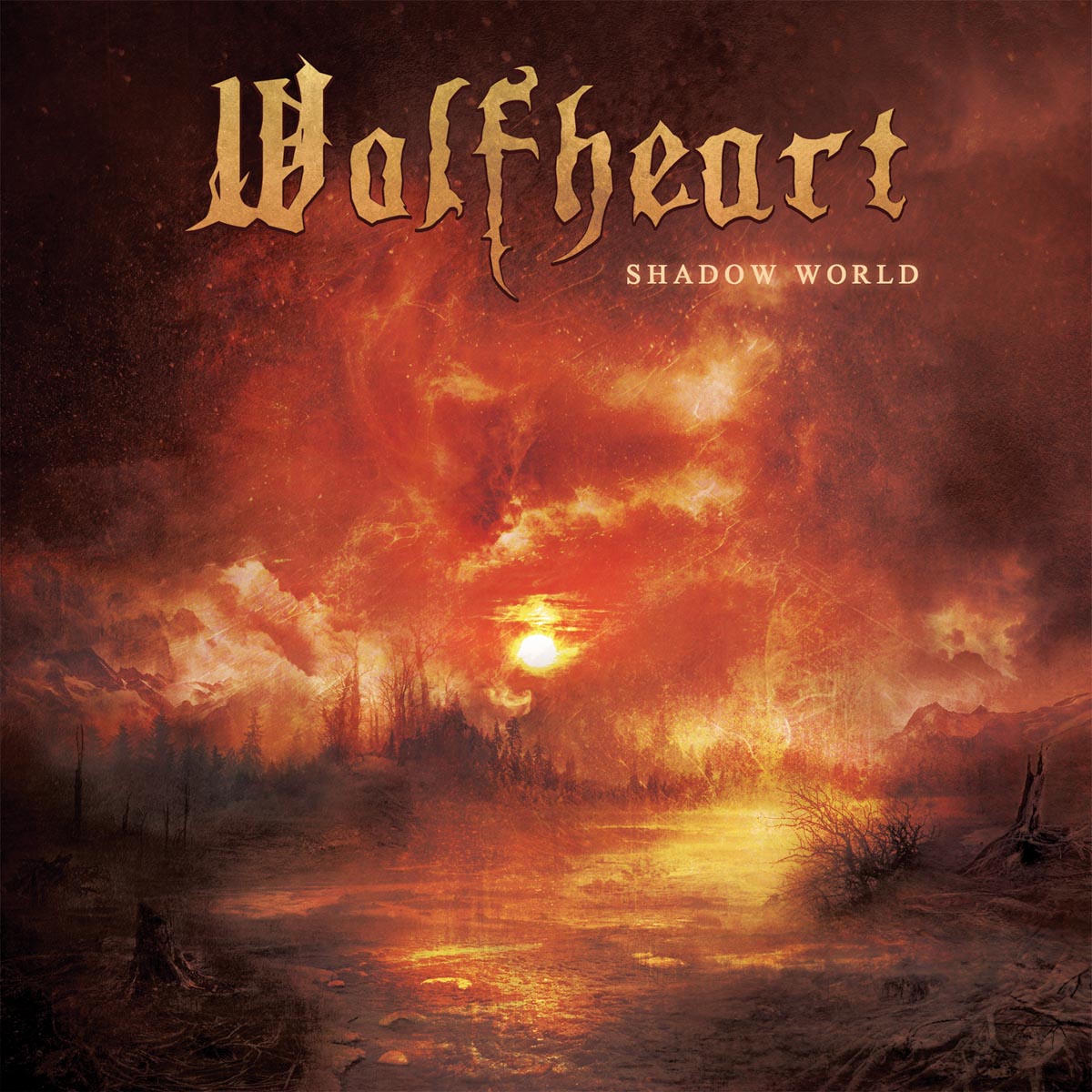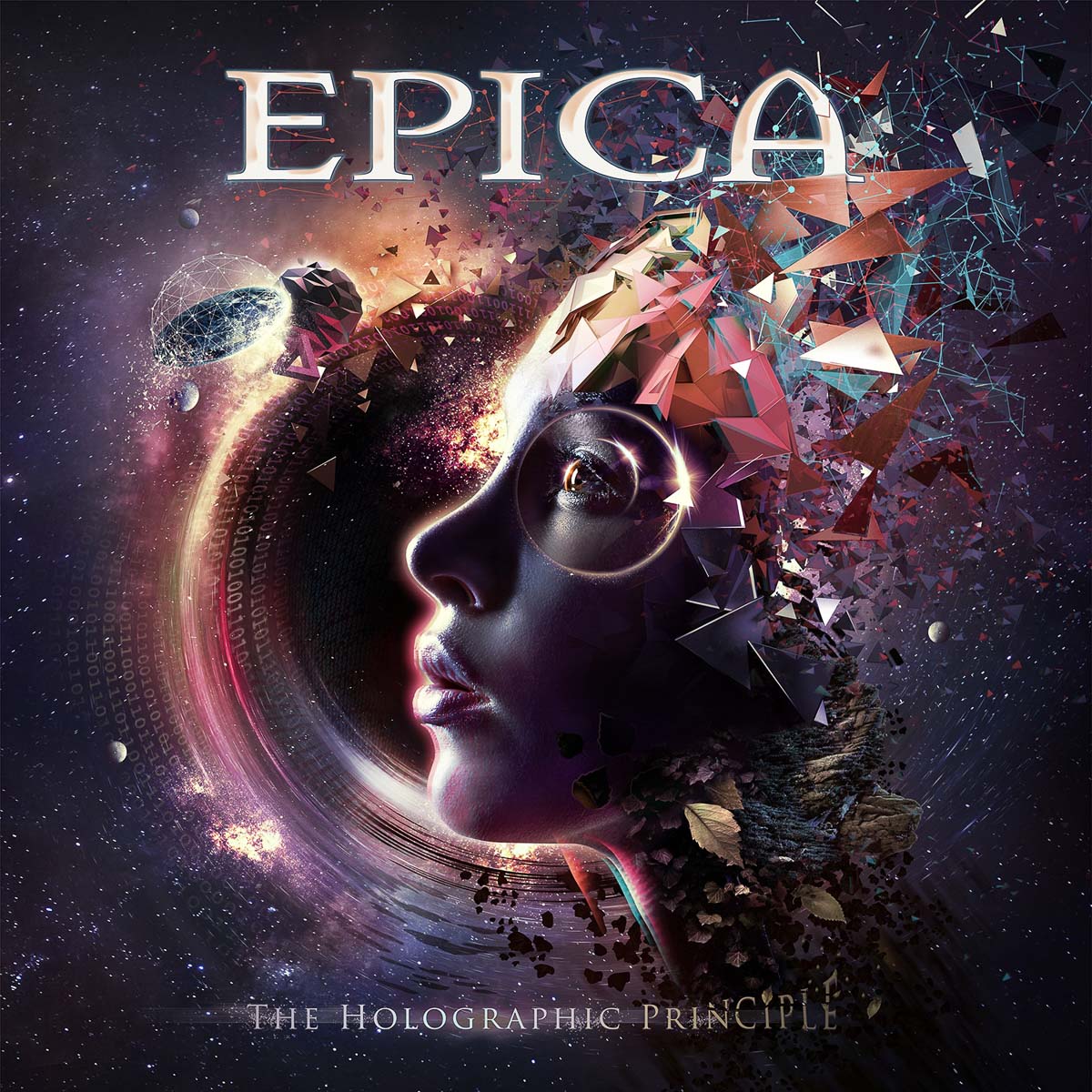 Demon Head formed in the very auspicious year of 2012 in Copenhagen, Denmark. Like the storied legacy of the ancient European capital from which they hail, the band approach their sound with an air of regality, a smooth, polished finish that sets the desired mood. Such an atmosphere is an intoxicating one as conjured forth on the band’s fourth album, Viscera. While not the most consistent album in terms of continuity, it is one certainly not without its highlights, sounds where the lines between decades, musical gear, and creative freedom are blurred, for better or worse.
Demon Head formed in the very auspicious year of 2012 in Copenhagen, Denmark. Like the storied legacy of the ancient European capital from which they hail, the band approach their sound with an air of regality, a smooth, polished finish that sets the desired mood. Such an atmosphere is an intoxicating one as conjured forth on the band’s fourth album, Viscera. While not the most consistent album in terms of continuity, it is one certainly not without its highlights, sounds where the lines between decades, musical gear, and creative freedom are blurred, for better or worse.
So, no, this isn’t a new refashioning of the late’80s Dokken tune though I doubt the reader was really expecting that. Rather, this lead track serves to effectively frame the mood for the coming proceedings, an altar call, if you will, to co-opt a genuinely southern term indicative of my regional upbringing. The parallel to religious dogma ends there. A thick, impenetrable fog of Psychedelic-tinged classic Heavy Metal rolls in and suddenly it is easy to forget that it is 2021, let alone all the sordid rubbish that goes along with that. The transition to the following track, “The Feline Smile,” builds off that initial momentum yet still manages to divert down another rabbit hole. That dizzy wonderland-induced hangover that follows pays off as the song approaches the three-minute mark and the guitars come in to inject the Metal. The final moments of the song, however, end in the faintest of whispers offering a brief point for reflection considering the trajectory of this album.
Perhaps this is the most appropriate of times to try and dissect the Demon Head sound, a true challenge. First, there is a staunch reliance upon a heavily occult-inspired vibe, an almost old-world retelling of those dark shadows that reappear as recurring archetypes throughout the cultural history of western society. After all, it is that very aesthetic, the celebratory approach to themes of horror and the paranormal that birthed this genre of Heavy Metal via Black Sabbath’s eponymous debut over five decades ago now. Yes, there is a distinct vintage feel to Demon Head, but it would be an overreach to label them as a kind of retro rebranding of the style. No, there is something unique at work here that delineates the brand.
After the odd invocation/interlude in the form of the third track, “Arrows,” the album takes a few strange turns. These come in the form of back-to-back short (approximately one minute and thirty seconds each) tunes, tracks five and six, that in such a context, unfortunately, come across as filler. I am not opposed to using segues between songs to help ease the transition traveled across the peaks and valleys of the music, but there is a difference between an album like Bloody Kisses or Operation Mindcrime, both classic albums that are chocked full of musical interludes and/or samples and sound effects and Viscera. Obviously, that difference would be that the judicious decision is not to place two “songs” as such in a row. Please do not think I am questioning the band’s artistic integrity which is simply not the case.
By the time “in Adamantine Chains,” the seventh track, arrives, the need for a return to standard song format is dire and thankfully achieved. With the detours alluded to in the previous paragraph, one only has six out of the ten songs here to properly judge the band’s sound. Coupled with those preceding it, despite the information provided by the internet describing the band as Doom, there really is not a traditional Doom sound to speak of. It is more in the delivery, the spirit of it all where the band’s sound can be found. The plodding down-tuned depths of dirges propagated by that scene are simply not mimicked.
After a promising opening salvo via the first two tracks that inspired a hopeful outlook for this album, a miasma of inconsistency sets in. While artistic vision must be given its just due, the album sounds less like a concept record than an album haphazardly denied of its just momentum by way of momentum-killing false starts that dash their collective vision. These criticisms are certainly not to disparage the band’s sound for there are some truly appealing dimensions at play here. In short, it feels much like the band is trying to pick up where In Solitude left off with their final album, the elusive enigma known as Sister. There is that requisite Mercyful Fate meets Candlemass feel yet in the context of a late ‘60s proto-Metal Psychedelic band. For those of us who worship at the altar of Glenn Danzig, Tony Iommi, and Buck Dharma, there really aren’t enough bands like this though one has to scratch one’s head at how a band as trailblazing in the art as Caskets Open (check out my review of their stellar 2020 album here) still remains unsigned, but I digress. As cliched as it sounds, to quality this article’s points more clearly, if I had to give the album a letter grade, it would be a solid B-. Were I not such a diehard fan of that whole gloomy, expressive, dare I say romantic approach (as a musical genre, that is), I suspect it would have not scored as high. Hopefully, this has provided some clarity and cohesion to help the reader better understand the dimension of this sound despite the inherent complexity of such a task in the form of this album.







